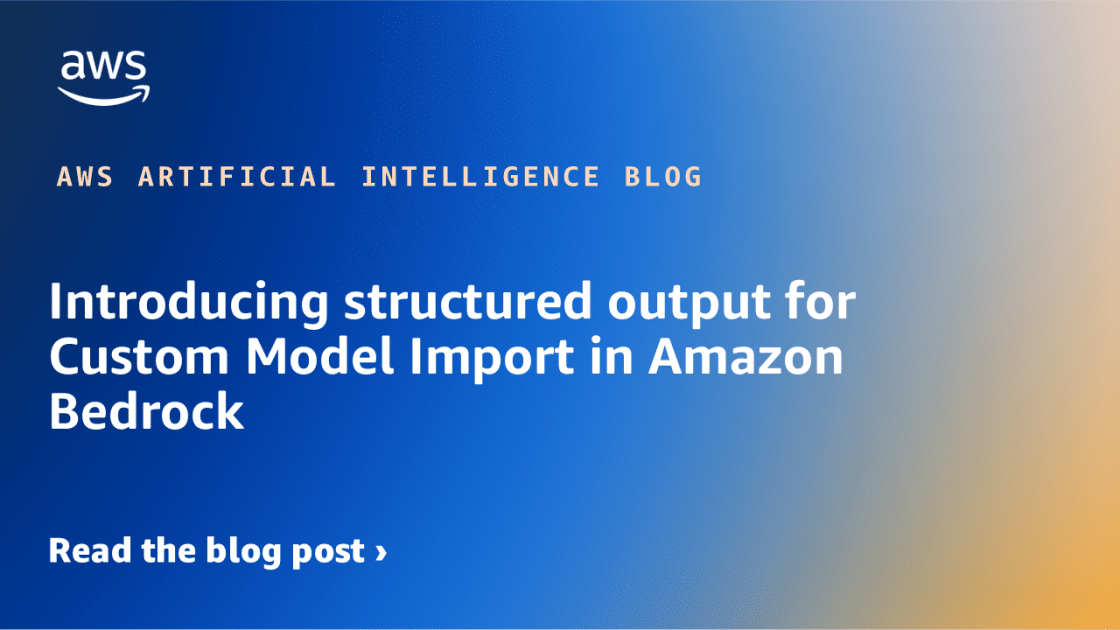Here’s the translation to American English:
—
Amazon has launched a new feature on its Amazon Bedrock platform that allows users to implement and scale custom foundation models more easily and efficiently. This enhancement focuses on generating “structured outputs,” a technique that ensures generative models produce results that align with a defined schema in real time, eliminating the need for complicated post-processing.
The significance of this feature lies in the fact that, in many commercial applications, the predictability of outcomes is more important than creative flexibility. For instance, an order processing system requires accurate and structured data as opposed to a customer service chatbot that could benefit from more diverse and natural responses. Structured outputs combine the learning capability of foundational models with the need for strict formats, ensuring that the generated information is valid and useful for business systems.
This method, known as “restricted decoding,” guides the outputs of language models to conform to a predefined schema, such as valid JSON. Unlike instructions that may be unreliable, such as “Respond only in JSON,” structured outputs ensure greater consistency and utility, simplifying integration with automated systems, databases, and workflows.
In addition to improving the accuracy of results, this strategy optimizes token usage, reducing latency and enabling faster responses. It also offers greater security by protecting against malicious code injections and ensures compliance with policies by limiting the types of content that can be generated.
To take advantage of this new functionality, users will need to follow a series of steps, including setting up their work environment, defining the expected schema, and preparing requests to the Amazon Bedrock API. With the right set of tools and a well-defined structure, developers will be able to extract data effectively, thus facilitating a smooth and efficient integration.
The advancement in generating structured outputs promises to transform AI application development, enabling companies to create more robust and reliable systems that align with their specific needs.
Source: MiMub in Spanish











